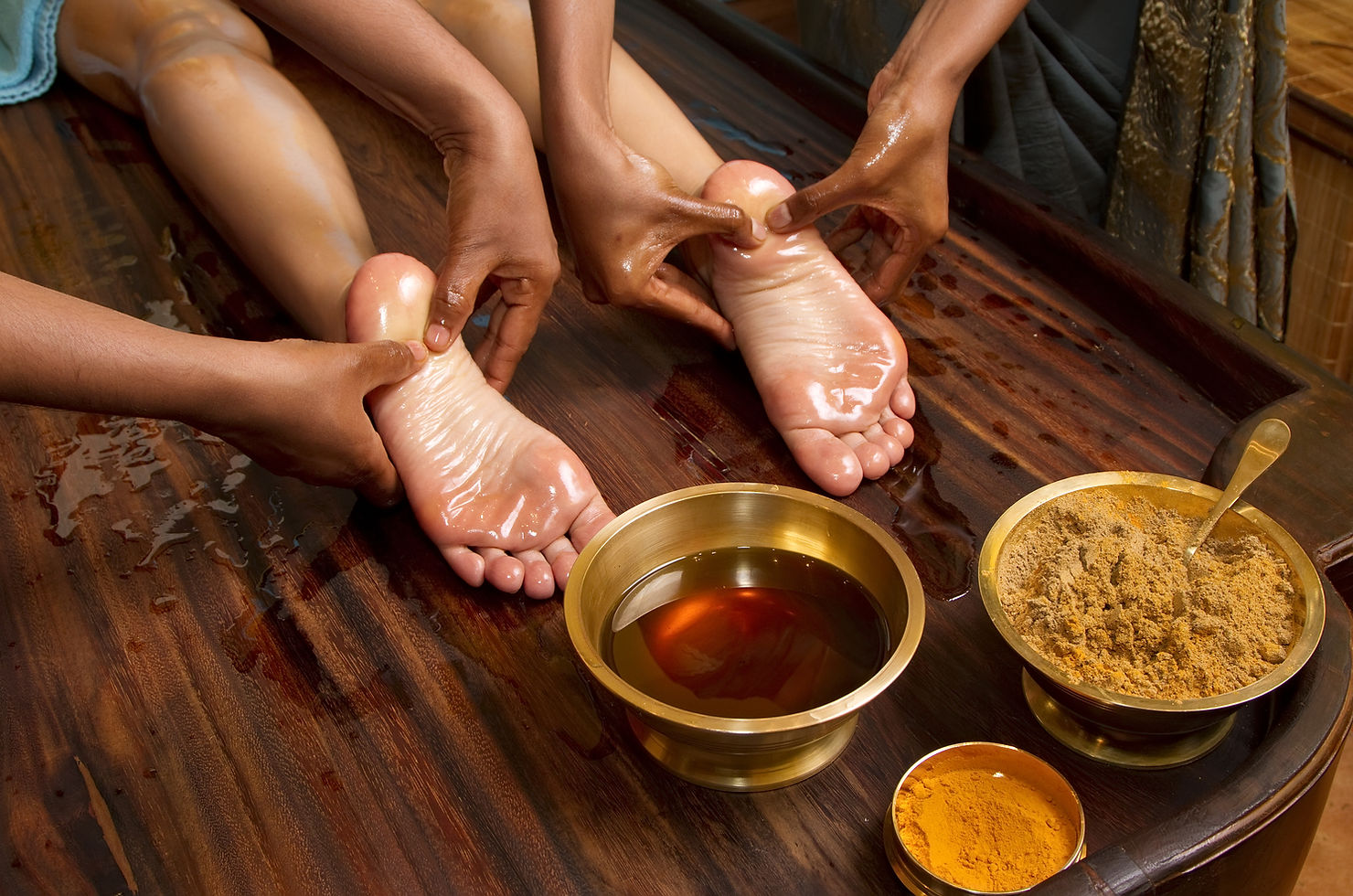
Meditation Might Not Work For You
- Harsha

- Mar 4, 2025
- 3 min read
Updated: Jun 11, 2025
Meditation is often seen as the ultimate tool for peace, but everyone doesn’t benefits from it in the same way. If you’ve ever struggled with meditation, felt restless or found it frustrating, you’re not alone. The Vedic tradition recognizes that different people need different approaches.
Your mind-body type (dosha) plays a big role in how you experience meditation. Instead of forcing yourself into stillness, it’s better to work with your nature, not against it. Here’s how:
Vata Type (Restless Mind, Overthinking, Easily Distracted)
Struggles with: Sitting still, consistency, racing thoughts.
Needs: Grounding, routine, stability.
What Works Instead of Meditation?
Movement-based or rhythmic practices work better than stillness.
The right breathwork technique can calm the nervous system and bring focus.
Simplifying your environment and routine can help reduce overwhelm.
But the real challenge for Vata isn’t just what to do, it is sticking with it. When there are too many options or no clear direction, it is easy to jump from one thing to another without real progress. Having external structure or someone to help filter choices can be a game changer, making it easier to stay consistent without feeling restricted. A coach or mentor can help simplify choices and provide structure, so you don’t get overwhelmed by too many options or abandon routines before they work.
Pitta Type (Perfectionist, Intense Thinker, Prone to Burnout)
Struggles with: Over-analyzing, pushing too hard, burnout.
Needs: Cooling, rest, balance.
What Works Instead of Meditation?
Practices that encourage slowing down and not over-exerting are best.
Certain cooling techniques help balance inner heat and intensity.
Learning to pause and step back prevents burnout.
Pittas often have all the knowledge they need, but the challenge is in applying it without overdoing it. Sometimes, the real skill isn’t learning more, it is knowing when to stop, when to trust the process and when to step back. A structured rhythm that includes rest can keep Pitta from burning out, and having external reminders to slow down can help make balance feel productive, rather than like a waste of time.
Kapha Type (Emotionally Heavy, Lacks Motivation, Resistant to Change)
Struggles with: Procrastination.
Needs: Stimulation, movement, variety.
What Works Instead of Meditation?
Movement-based practices often work better than sitting still.
The right techniques can spark energy and motivation.
Releasing emotional heaviness helps create lightness and flow.
Changing up routines, trying something new, or adding playful elements to daily life keeps Kapha energy from getting stuck.
For Kapha, the first push is often the hardest part. When things feel stagnant, a little external momentum can be enough to break through resistance. New ideas, variety or even a small shift in routine can help energy start moving again, making action feel effortless rather than forced. Having someone to help process emotions instead of bottling them up can be transformative for Kapha types.
Work With Your Nature, Not Against It
If meditation hasn’t worked for you, it doesn’t mean you lack discipline or spiritual depth. It just means you need a different approach- one that fits you. Whether it’s grounding, cooling or energising, the right practice should feel natural, not forced.
And if you’re not sure where to start, working with someone who understands your unique mind-body type can make it easier. You don’t have to struggle alone- you can get the right support, structure and tools to bring you back to balance. Want to explore what actually works for you? Book a session and we’ll figure it out together.




Comments